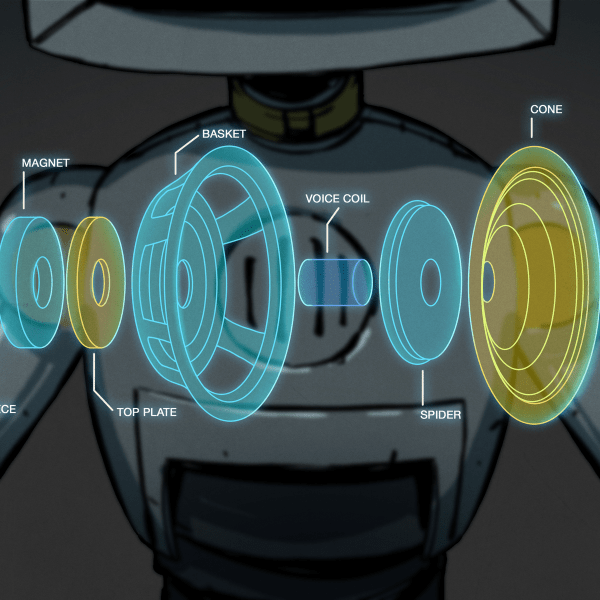What do you get when you cross a mixed-signal oscilloscope, a function generator, a multimeter, a power supply, and some programmable digital I/O in a box? Sounds like the set up to a very geeky joke, but it is actually National Instrument’s VirtualBench product. [Shahriar] has one and wanted to know what was inside, so he did a tear down.
The resulting video (warning, it is a long one, weighing in at over one hour) talks about what’s inside the instrument and what it is like to use it, too. He does some pretty interesting tests, including looking at a clock generator and analyzing a bandpass filter. The $2000 price tag is a hard sell for most hackers. You could easily spend almost as much if you bought everything separately, but as [Shahriar] points out at the end of the video, the VirtualBench does a good job, but it perhaps isn’t as good at any one function as a dedicated instrument.
Still, if you are cash-rich and space-poor or you are outfitting a lab where having everything together (and supported) by a single company might have value, it looks like VirtualBench does do a lot of things well. Even if you don’t want to buy the device, it is still interesting to have a peek inside to see what makes it tick. As we’ve covered before, the instrument is pretty easy to control which has a lot of possibilities, too.















$2000 might be the American price. But it’s listed as $3135 on the Australian page.
Well… Hack-a-day is an American site… so it figures they would post $USD.
Well, that’s metric.
combining all these instuments, So when one break they all break. I think I’ll stick to dedicated items.
Exactly what I was thinking. Unless they make it in e.g. Tek TM 500 plugin style, where I can pull repair or replace every single plugin, I will stay clear of those “all-in-one” instruments
I worked on the original VirtualBench at National Instruments. If one instrument is damaged (due to overvoltage or component failure) the other instruments will continue to work. Overall the whole thing is surprisingly robust; we had a hard time testing all the way to failure on any particular instrument.
I think I’ll stick with my old Tektronix TM-500 “crate”. :-) This is a chassis with the power supply and slots for Tektronix 7000-series ‘scope-size plug-in slots. (They made them with 1-8 slots — I have a TM506 with 6). Then you get individual instruments that plug into them. I have a DM501A multimeter, PI-720 dual power supply, DC505A counter/timer, and SC503 storage oscilloscope. There are probably a hundred different instruments, made by Tektronix and other manufacturers. I have a couple more plug-ins that I swap in when needed; another power supply, a signal generator, isolation amplifier, etc. These are very high quality, with full service manuals available, and much more affordable on eBay etc.
I think I will wait for the Rigol version which would sell for $395 if I figure right.
If you want something at around 350 USD then the Analogue Discovery 2 will probably fit the bill. The problem is of course every instrument in it is a severe compromise on the Virtualbench and the price difference of about 1700 USD is too small to justify not upgrading.
So if you are stuck for space and electronics is a non serious hobby then the AD2 is adequate. If you are more serious then the virtualbench is a clear winner. Will Rigol go for something like this? Maybe but I bet there will be build or performance compromises. If you want quality pay the money.
One other advantage of all in one labs is they can be locked in a fire safe when you are away from home. A bench covered in test gear is just going to get smashed or stolen.